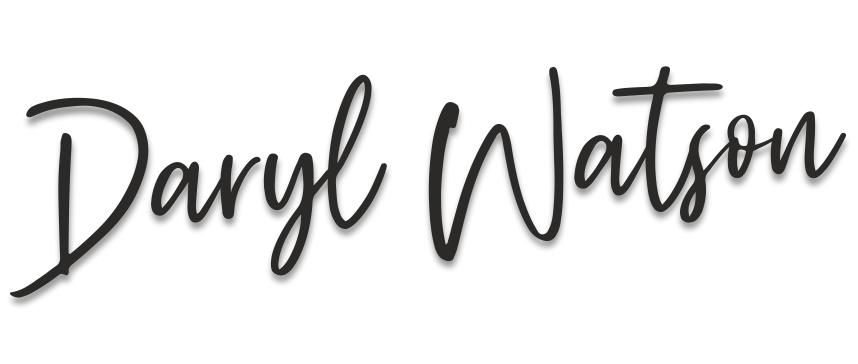Tag Archive for: mentoring
So, you want to be a mentor?
- 𝐋𝐢𝐬𝐭𝐞𝐧 with compassion, empathy and understanding – Deep or Active Listening.
- 𝐀𝐬𝐤 𝐐𝐮𝐞𝐬𝐭𝐢𝐨𝐧𝐬, be curious, seek clarity, probe, ask why and help each mentee to ask questions of themselves.
- 𝐂𝐡𝐚𝐥𝐥𝐞𝐧𝐠𝐞 – move their learning from their comfort zone to their stretch zone.
- Give of your 𝐓𝐢𝐦𝐞, frequently, consistently, intimately, 1-1
- Be fully 𝐏𝐫𝐞𝐬𝐞𝐧𝐭. When you meet, create a psychologically safe space, and ensure there are no distractions.
- Storytelling. Share your experiences that helped you succeed. Bring your stories to life.
- Make a 𝐏𝐥𝐚𝐧, set objectives and begin with the end in mind.
- Provide 𝐒𝐮𝐩𝐩𝐨𝐫𝐭 & 𝐄𝐧𝐜𝐨𝐮𝐫𝐚𝐠𝐞𝐦𝐞𝐧𝐭 to your mentee to push through difficult challenges. Be a trusted sounding board.
- 𝐀𝐝𝐯𝐢𝐬𝐞 & 𝐑𝐞𝐟𝐫𝐚𝐦𝐞 – make suggestions, offer different perspectives to help a mentee become unstuck through self-reflection.
- Give 𝐂𝐨𝐫𝐫𝐞𝐜𝐭𝐢𝐨𝐧 & 𝐈𝐧𝐬𝐭𝐫𝐮𝐜𝐭𝐢𝐨𝐧 from time to time, to avoid potential pitfalls.
“How did you get into coaching then…?”
Here’s my story.
One by One
Over the last 30 + years, I have had many opportunities, with 1000’s of individuals to provide coaching, counselling or to share in a mentoring session together.
There are numerous articles, suggestions, models and books outlining what makes a great coaching conversation. In addition, I have also contributed to many discussions in lots of forums on the topic too.
I was however recently reminded again of a blindingly obvious point, it is this – simply stated, these conversations happen 𝙤𝙣𝙚 𝙗𝙮 𝙤𝙣𝙚.
Intimate one by one conversations enable the most effective and powerful opportunities for change to occur. Giving someone your undivided attention for 30, 60 or even 90 minutes creates a powerful, meaningful, candid and insightful crucible for change. It is distraction free time.
Frequently, during these one by one moments a “reality check” occurs for the coachee. Indeed, a coaching conversation is perhaps the most personal and powerful form of communication and change that there is.
If you want change to happen, then you need to slow down, make time, listen to understand and consider the power of a coaching conversation, 𝙤𝙣𝙚 𝙗𝙮 𝙤𝙣𝙚.
Who will you hold a coaching conversation with today?
